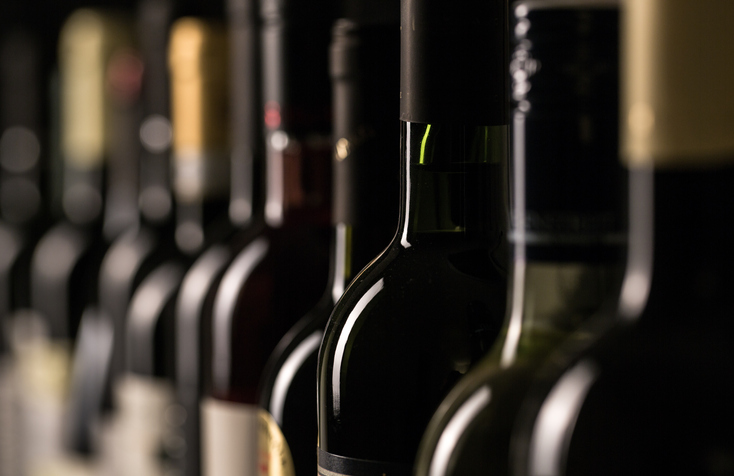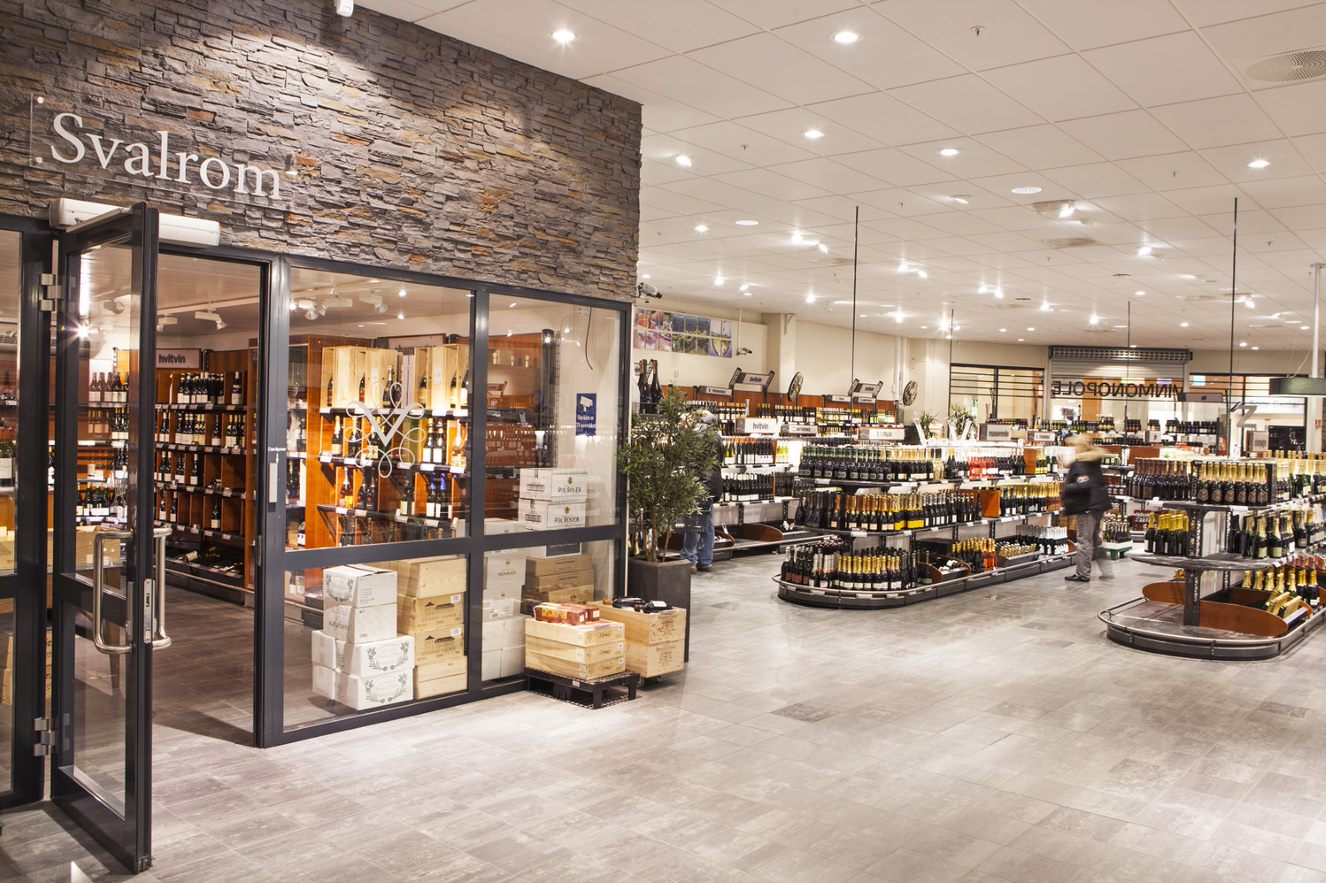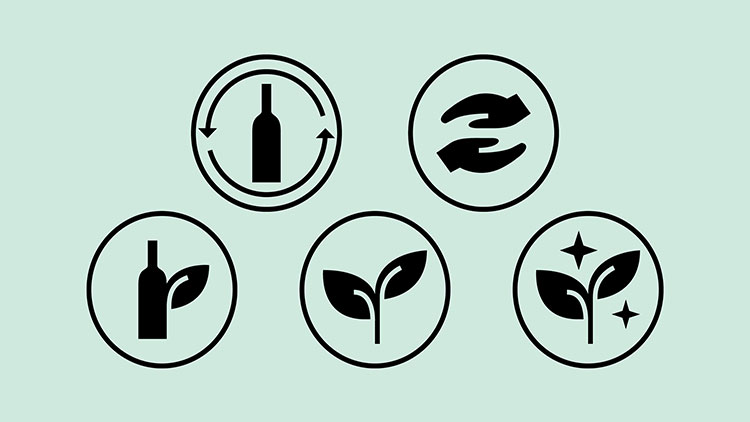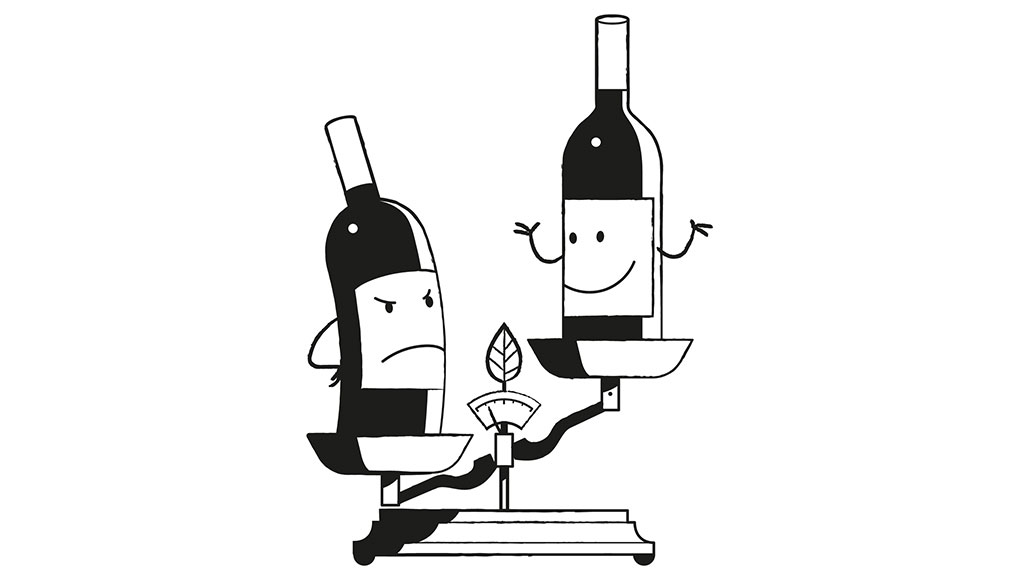
1. Introduction
Many wholesalers that supply products to Vinmonopolet, label, or wish to label their products with various symbols intended to make a statement about the environmental properties of the products.
Labelling of products with various environmental symbols raises questions, both in relation to the alcohol advertising ban and the Norwegian Marketing Control Act. Therefore, there is a need to clarify what labels are in accordance with the regulations, what is not covered, and what we cannot accept.
2. Legal basis in the Norwegian Alcohol Act and the Norwegian Marking Control Act
2.1. The alcohol advertising ban
The alcohol advertising ban in Section 9-2 of the Norwegian Alcohol Act states that “Advertising of alcoholic beverages is prohibited. The prohibition also applies to the advertising of other products carrying the same brand or distinctive mark as alcoholic beverages.”
According to practice, it is permitted to apply objective, ordinary product information on the actual product, e.g., regarding alcohol content, bottle size and producer, as well as fact-based and objective flavour, use and storage descriptions. Other information will normally not be permitted, e.g., alcohol-favourable descriptions, review scores, awards etc.
2.1.1. “General labelling schemes” are not affected by the alcohol advertising ban
Labels and symbols on the product are likely covered by the alcohol advertising ban, if they do not satisfy the special requirements in the exemption in Section 14-3, no. 18 of the Norwegian Alcohol Regulations which states that “[s]pecial labelling for general labelling schemes on the label or packaging of an alcoholic beverage, when the labelling documents that the product bearing the labelling fulfils special requirements regarding production method, origin or content” is not covered by the advertising ban.
Examples of general labelling schemes that are covered by this exemption are the Ø label (Debio), Spesialitet og Beskyttet betegnelse (Protected Designation). Corresponding foreign and international labelling schemes that set requirements for production method, origin or content will also be permitted.
Where a producer develops a labelling scheme for its own products, the producer is required to demonstrate that it is a “general labelling scheme”, in accordance with the Regulations. Vinmonopolet cannot approve the various labelling schemes but is required to discontinue the sale of products where we believe the requirement of a “general labelling scheme” has not been documented.
2.2. The Norwegian Marketing Control Act
The Norwegian Marketing Control Act concerns the control of marketing, commercial practice and contract terms and conditions in consumer affairs and sets requirements for good business practice between commercial parties.
The Norwegian Consumer Authority is the supervisory authority in this regard and may submit cases to the Norwegian Market Council for decision. The Act prohibits unfair commercial practices in Section 6-9 and sets requirements for good marketing practice and documentation of claims used in marketing in sections 2 and 3, second paragraph, respectively, of the Act.
2.2.1. Specific information regarding the duty to provide documentation
A fundamental principle in marketing law is the principle of truth. What is presented in marketing must be true and capable of being documented. This applies to all claims regarding factual matters, such as environmental claims.
Section 3, second paragraph is worded as follows: “Documentation shall be available to substantiate factual claims made in marketing, including as to the properties or effect of products. The documentation shall be in the possession of the advertiser at the time that the marketing takes place”. This provision is interrelated with the prohibition against misleading commercial practice: If a claim cannot be documented, it can easily be regarded as misleading.
2.2.2. The Norwegian Consumer Authority’s guidance document
The Norwegian Consumer Authority has created a separate guidance document on the use of sustainability claims in marketing: Guidance on sustainability claims used for marketing purposes. The guidance document was developed for commercial parties who use environmental or ethical properties in products in marketing in relation to consumers, irrespective of sector. It applies correspondingly to claims regarding environmental matters concerning the entire undertaking, and not just individual products.
The guidance document states that “[i]n order for the documentation to have sufficient evidential weight, it is normally a requirements that the claims can be substantiated by statements or studies carried out by independent bodies with recognised technical expertise. This entails that studies that have been carried out by the producer or the undertaking that is marketing the product, must have been evaluated by an independent body or it must otherwise be possible to verify that the study has been correctly implemented and that the evaluation of the result can be justified on a purely technical basis.”
2.2.3. Documentable factual aspects of the product
Use of symbols and environmental claims that only provide information about factual aspects of the product, e.g., recycled materials used, or the percentage of the product that is recyclable, will be in accordance with the Norwegian Marketing Control Act, insofar as such claims can be documented by an independent body possessing technical expertise. Here, however, a reservation must be made that consumers can easily perceive a product labelled with a reference to a property of its packaging as applying to the entire product and not just to the packaging. In such cases, Vinmonopolet will demand a clarification from the wholesaler.
2.2.4. Stand-alone, unspecified sustainability claims
Labels, symbols and stand-alone sustainability claims that express that the product is, e.g., “climate neutral”, “carbon neutral”, “green”, “environmentally friendly” or similar will, according the Norwegian Consumer Authority’s guidance document be subject to a more comprehensive duty to provide documentation than claims consisting of objective and precise product information.
In order to cover the scope of such stand-alone, unspecified sustainability claims, the commercial party must, as a general rule, be able to document that the product is significantly less burdensome than other products in the same product category throughout its lifecycle (“from cradle to grave”). As a general rule, it will be misleading and in breach of the Norwegian Marketing Control Act to use claims as mentioned above, without at the same time providing an explanation as to which specific properties of the products the claims relate.
3. Examples
Assessment of examples related to marketing of environment/sustainability on product packaging:












